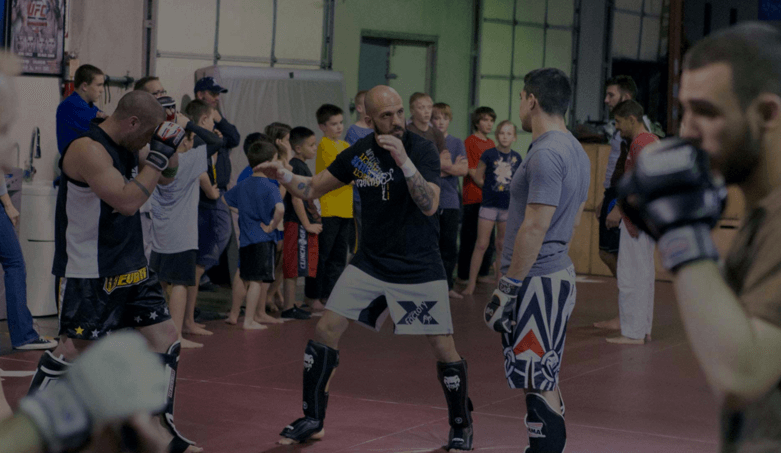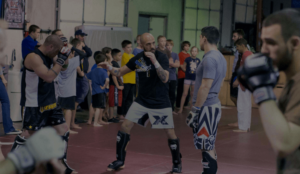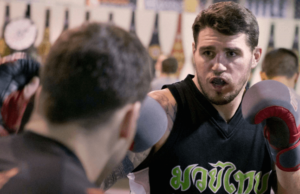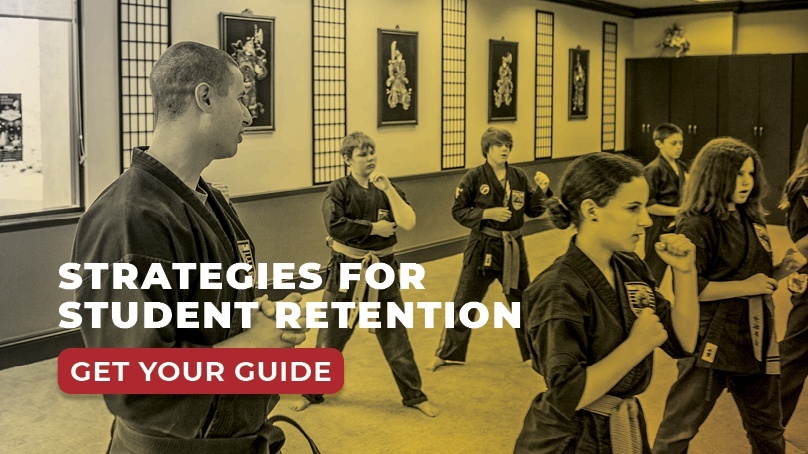5 Coaching Tips for Training an MMA Fighter


It seems like each sport has its season.
When we’re cheering for our athletes at the Winter Olympics, we have bobsledding and ice-skating on our minds. But then the Tour de France comes and has us equally engrossed. After that, the World Cup brings out the soccer enthusiast in us, and the Super Bowl is just about its own holiday.
But each of these seasons is just that, a period when we all rally around a sport and admire the athletes who work and train so hard. The thing is, it feels different with MMA. It feels like MMA is this big train that’s rumbling toward the station with no sign of stopping. It has no season that is less important, nor does it allow us to forget about the excitement of a fight or the work the fighters put into training.
Of course big events like last weekend’s incredible Rousey and Holm bout help to keep the excitement alive. With the odds against her, Holly Holm went into the ring fearlessly and did what many people thought was impossible. This achievement is a testament to the excellent coaching by Jacksons MMA and the countless hours of work Holly put in to be the fighter she is today. We are proud of our partner, Jacksons MMA, and look forward to cheering Holly on in the future.
Training Your Fighter
In celebration of all the work that goes into preparing for the ring, we caught up with some of our friends who train pro fighters to learn what it takes to create a champion. The following list highlights some of the key things coaches should remember when training a fighter.
1). Enforce Consistency
Consistency is key because talent can take you only so far. After that, winning comes down to being consistent with training. That means putting in the work, no excuses. So part of training a pro fighter is pushing back against those excuses and enforcing consistency.
2). Keep Your Fighter Focused
The process of training takes as much work outside the gym as it does inside it. Fighters have to be focused, driven, and willing to make sacrifices. Novice fighters often underestimate the sacrifices they will have to make. To be sure, going out with friends or being at parties and family events take on a new meaning if you’re a focused fighter.

3). Balance Drills, Hard Sparring and Conditioning
In the past, trainers preferred live sparring. But now we know that the wear and tear a fighter takes in live sparring isn’t always necessary. Well-executed drills are the better choice for routine gym work. They keep your fighters healthy while giving them sharp technique from the high volume reps and drilling. Critical muscle memory is also built with drills. Besides, you’ve heard it before- “drillers make killers.”
But in between the drills, a little hard sparring has its place too. Hard sparring helps fighters develop specific skills and improve reaction time. It also gets them accustomed to the stress they will face in the ring. Of course, the goal of hard sparring isn’t to let your fighter knock anyone out, or get knocked out. When it’s overdone like that, hard sparring becomes detrimental to the longevity of a fighter’s career, as well as their recovery. So balance drills, hard sparring, and conditioning to ensure your fighters train smart.
4). Enforce Good Nutrition
We all know nutrition is just as important as physical training, but fighters continue to cut weight too fast and jump into the ring. What happens is they end up depleted and wiped out before the fight even starts. Training is a marathon, not a sprint, and taking the time to eat right and cut weight safely is non-negotiable.
5). Make Sure They Have Training Partners
You can’t be with your fighter around the clock, but with the work ahead of them they need all the support they can get. That’s why training partners are worth their weight in gold. Training partners support your fighter in ways you can’t. They also challenge your fighter to grow and always do their best. And training partners are particularly good at calling each other out if things start to slip. Yes, fighting is an individual sport, but making sure your fighter has a training partner is one of the best things you can do as a coach.
Quality coaching is key to student retention. Looking for additional ways to keep your students coming back? Get your copy of our free guide, Strategies for MMA Student Retention.

I’m Coach Kelli, a devoted CrossFit gym owner with 15 years of experience managing my facility, along with owning yoga studios and wellness centers. Beyond the fitness world, I have a passion for cooking, cherish moments with my children and family, and find joy in spending time outside. Having experienced the highs and lows, I’m dedicated to leveraging my expertise to help you grow and succeed on your fitness journey.

I’m Coach Kelli, a devoted CrossFit gym owner with 15 years of experience managing my facility, along with owning yoga studios and wellness centers. Beyond the fitness world, I have a passion for cooking, cherish moments with my children and family, and find joy in spending time outside. Having experienced the highs and lows, I’m dedicated to leveraging my expertise to help you grow and succeed on your fitness journey.







